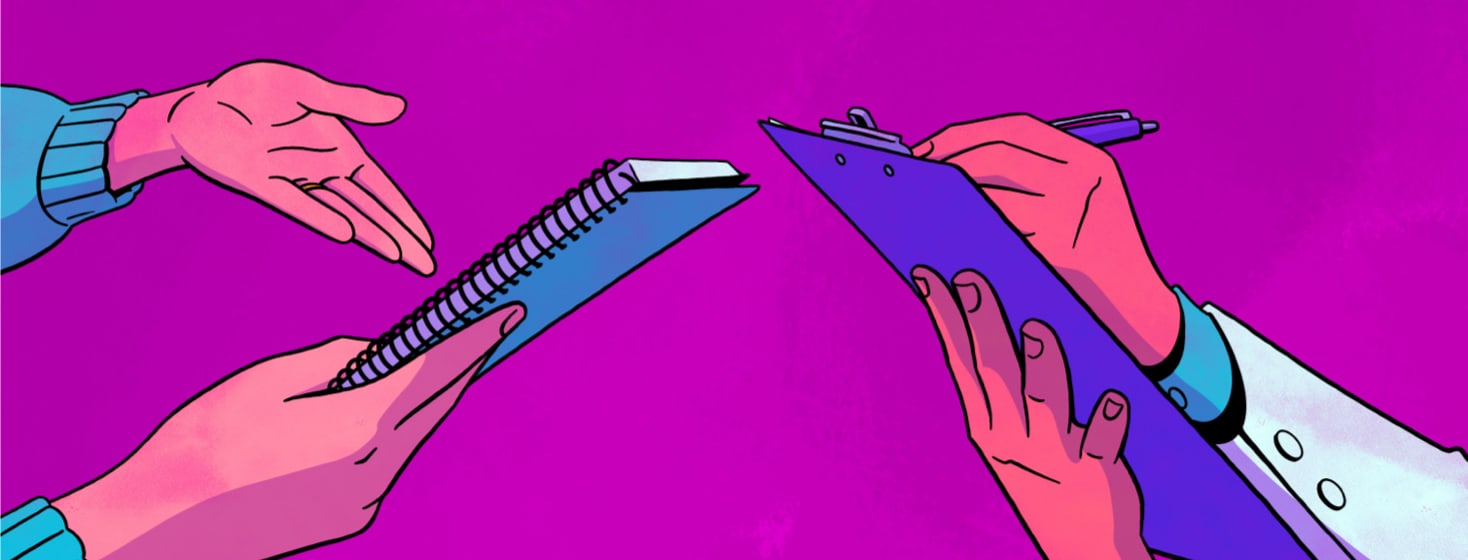Patient Advocacy: Tips for Communicating with Your Doctor
I once told someone about their healthcare, "You have to be the squeaky wheel." Later, a provider warned that being a "squeaky wheel" might cause doctors to take a patient less seriously and overlook their "squeaking."
Those words still echo in my ears, rolling around in my mind. I felt undermined and scolded, but of course, I knew what he meant.
As a seasoned rare disease patient and advocate, I know the fine line between being heard and being ignored—whether from a lack of self-advocacy or the overuse of it.
However, I worry that someone with less experience might hear that and think, "Don't be a squeaky wheel, or you'll be overlooked."
Start a Forum
How can I navigate the fine line of self-advocacy?
In summary, I walk the line by knowing my tolerance level, choosing my battles, and using diplomatic, intentional communication.
I communicate with doctors at different frequencies depending on the medical issue, their expertise, and what I find manageable. While I don't expect to be symptom-free, I do have a threshold for what I’m willing to tolerate.
How do I know when and how to communicate effectively?
If symptoms are tolerable, I inform my doctors without pushing for immediate resolution outside of appointments. However, if I'm struggling with symptoms and know more can be done, I don't wait. I follow up immediately via phone or my online patient portal. I clearly describe the issue and ask for help, either by suggesting a next step or asking for guidance. I ask for their opinion on why "X" is happening and whether it can be treated more effectively. This helps bring the issue to the forefront and requires my doctors to actively think about it. It also helps me better understand what's happening in my body and what to expect.
I've learned that without asking specific questions, information often gets overlooked. By communicating intentionally, I reduce the information burden on my providers. My doctors have learned that when I ask for help, I truly need it.
How should I address disagreements and consider different approaches?
When my doctors don't believe there are any other treatment or testing options available, if I don't agree with their assessment, I ask to discuss it with them in further detail so that I can better understand.
I also share experiences from the rare disease community, findings from medical journals, or suggestions from my other doctors. This allows me to propose different options; if they aren't viable, my doctor can explain why.
How can I cultivate a strong patient-provider relationship?
Finding that line takes time, as does building a relationship with your provider. Open, honest communication helps build rapport and clarifies how the relationship works.
For example, I once felt awkward about a doctor's lab follow-up process. Because my expectations didn't match their routine, I felt uncertain about where the line was. Asking directly how they preferred I handle follow-ups cleared my concerns. Now, I know what they expect and how to better navigate my care. Asking a direct, respectful question took the guesswork out of everything, making me feel much more secure.
Do you have any experiences of navigating communication expectations with doctors or healthcare teams? Tell us about your experiences in the comments below!

Join the conversation